Mastodon: @canpolat@hachyderm.io
- 58 Posts
- 15 Comments

 3·8 months ago
3·8 months agoI think you are highlighting an important point that are missed by other commenters emphasizing the developer. I prefer GPL over MIT license. But this is a possible fallback if Redis decides to change its licensing (like several others did).
I think these kind of products have strategic significance for MS for their Azure offering. They are probably preparing to offer this there (in addition to and as an alternative to Redis). So, it makes sense for Microsoft to release this with an OSS license (otherwise no one will adopt it).

 17·9 months ago
17·9 months agoWho is this particular developer
As far as I understand from the discussions about the topic, Maxim Dounin was one of the few core developers of nginx. Looks like Wikipedia has already been updated.
I know you said “self hosted”, but if you are interested in an Android app, Google Play Books does most of what you want, I think. You can upload your books, and read them on any device (with offline capabilities). But this is the Self Hosted community, so I will show myself out.

 1·9 months ago
1·9 months agoPossibly. My point is: despite having a common subset Pkl and JSON schema doesn’t seem to be solving the same problems. But, I’m just learning about it, so I may just be wrong.

 3·9 months ago
3·9 months agoI just learned about Pkl, so take this with a grain of salt. JSON Schema and Pkl seem to have some overlap. But JSON schema is not specifically designed for handling configuration and Pkl supports other formats like YAML.

 51·9 months ago
51·9 months agoThis looks really interesting. Getting type safety and editor support to configuration may change quite a bit of how things are done. I don’t know if it will gain traction, but if it does, it may really help bringing some long awaited structure to all those YAML files. There appears to be examples specifically for Kubernetes (https://github.com/apple/pkl-k8s-examples).

 6·9 months ago
6·9 months agoI wasn’t aware of that. I guess it was thought to be a mod driven community. Anyway… Cool question. I hope we will see some creative solutions here.

 6·9 months ago
6·9 months agoPlease also consider posting to !challenges@programming.dev

 2·10 months ago
2·10 months agodeleted by creator

 2·10 months ago
2·10 months ago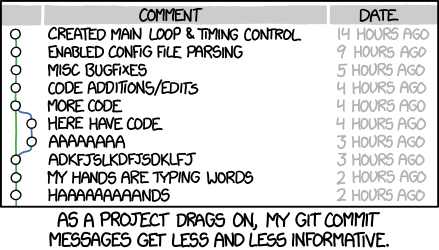

 3·10 months ago
3·10 months agoAre you interested in working on a text editor? If so, I have an idea I plan on implementing myself for fun: a clone of HeyNote with some added functionality. HeyNote is a simple buffer that consists of blocks. It’s useful when you just want to note a simple block of text (an SQL query, log output, test data) but you are not interested in structuring it. What HeyNote lacks is the ability to add title and tags to blocks. It’s not an alternative to other note taking applications. It is just a buffer with unrelated blocks in it.

 3·1 year ago
3·1 year agoPlease consider posting language specific questions to language specific communities in the future. For example, !c_lang@programming.dev

 1·1 year ago
1·1 year agoGood point. However, approaching this problem from “YAGNI” point of view is a bit misleading, I think. If you are not going to need the timestamp, you shouldn’t add it to your code base.
In my opinion, hastiness is the culprit. When a property appears to be a binary one, we jump to the conclusion to use a boolean way too quickly. We should instead stop and ask ourselves if we are really dealing with a situation that can be reduced to a single bit. The point raised by the article is a good example: you may want to record the state change as timestamp. Moreover, in a lot of the cases, the answer is not even binary. The values for
is_publishedmay be, “Yes”, “No” or “I don’t know” (and then we will be too quick to assignnullto “I don’t know”). Underlying problem is that we don’t spend enough time when modeling our problems. And this is a sure way of accumulating technical debt.
I think I will quit at this point.
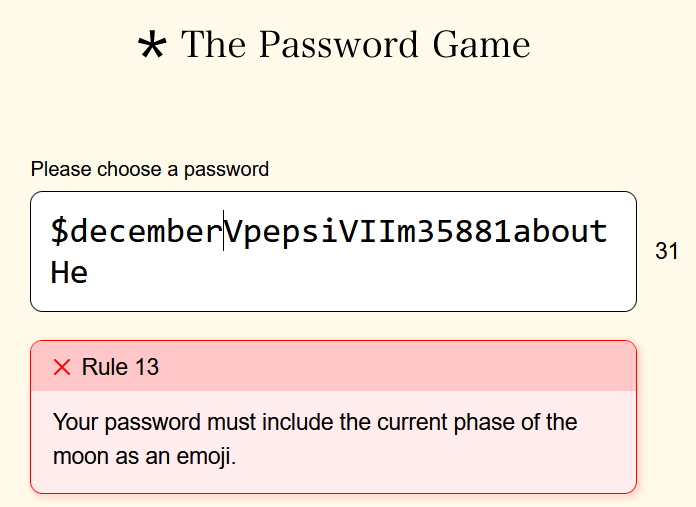

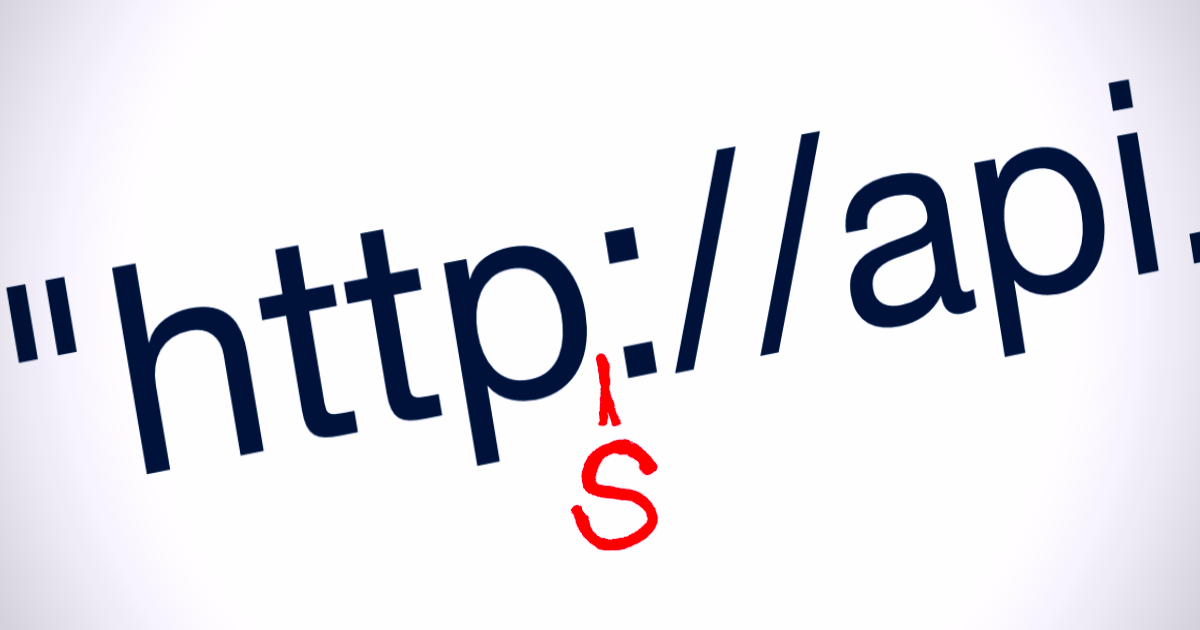




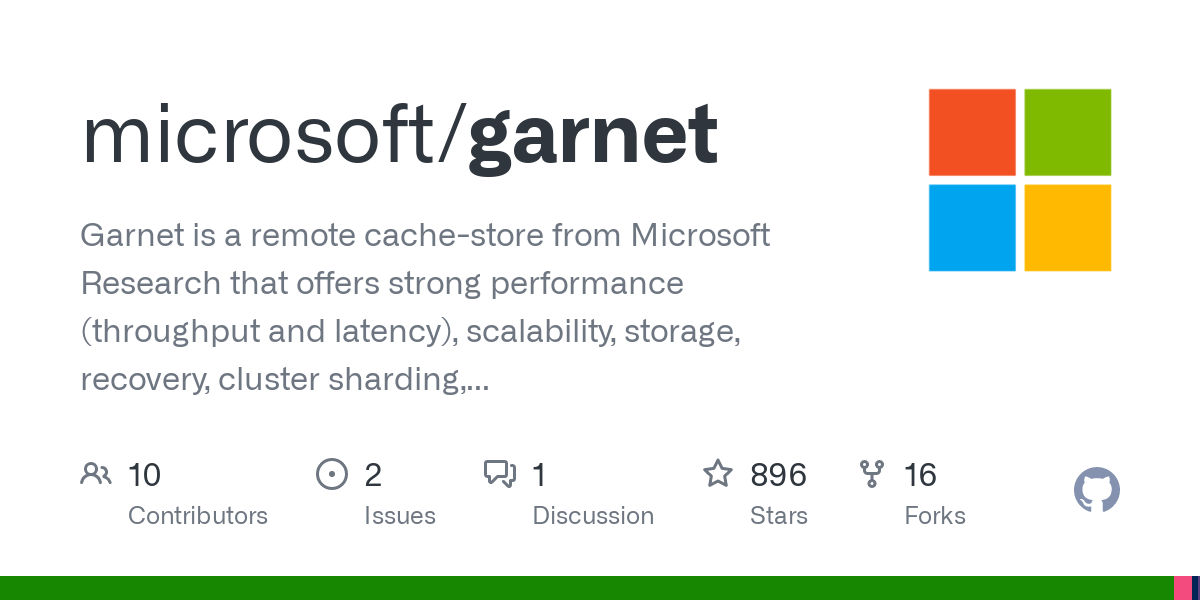




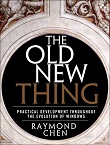

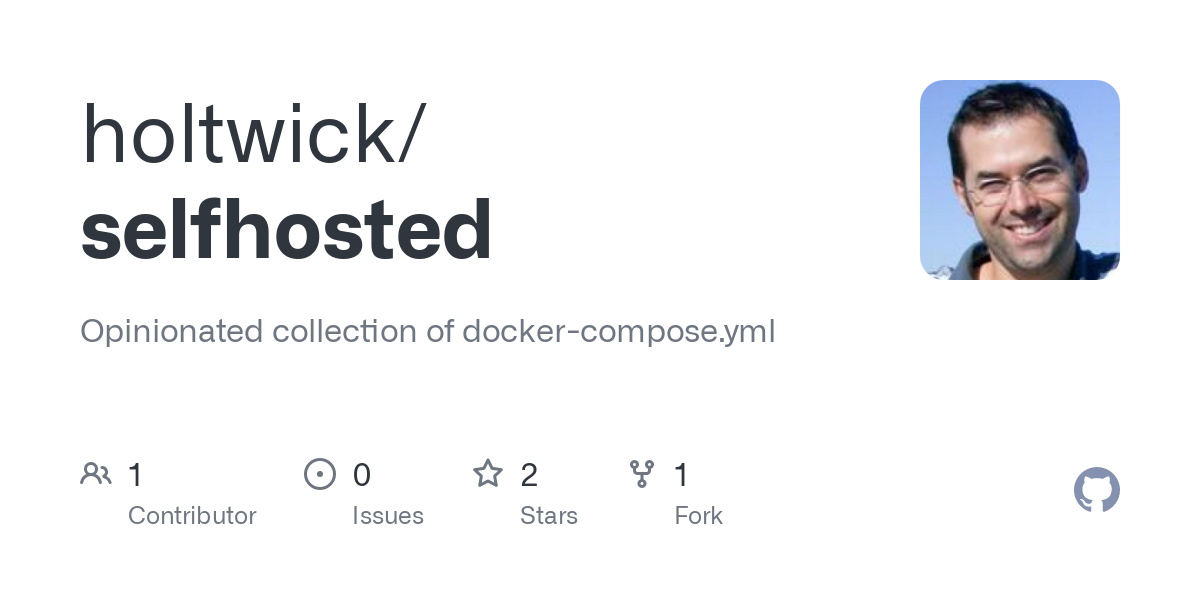
Don’t they already have the names Leap and Tumbleweed? Changing the name to Leap would make sense since it’s the name of the “official LTS” version. At this point it sounds like “openSUSE” is the name of the project and not the distro. But I haven’t been following them closely, so perhaps I’m wrong.